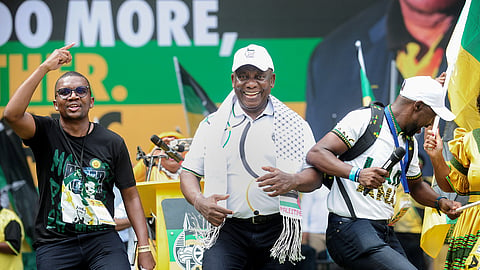Election’24: What happens if the ANC is forced to share power? – Michael Cohen
In the upcoming May 29 elections, South Africa stands at a political crossroads. The African National Congress (ANC), long a dominant force since its inauguration under Nelson Mandela in 1994, faces significant challenges amidst rampant poverty, unemployment, and infrastructural decay. Public disillusionment grows as corruption and mismanagement tarnish the ANC's legacy of dismantling apartheid. With opinion polls predicting the possibility of the ANC losing its parliamentary majority for the first time, South Africa might enter a tumultuous phase of coalition politics. This shift could deeply impact the nation's policy direction, affecting citizens, businesses, and investors alike.
Sign up for your early morning brew of the BizNews Insider to keep you up to speed with the content that matters. The newsletter will land in your inbox at 5:30am weekdays. Register here.
By Michael Cohen
___STEADY_PAYWALL___

